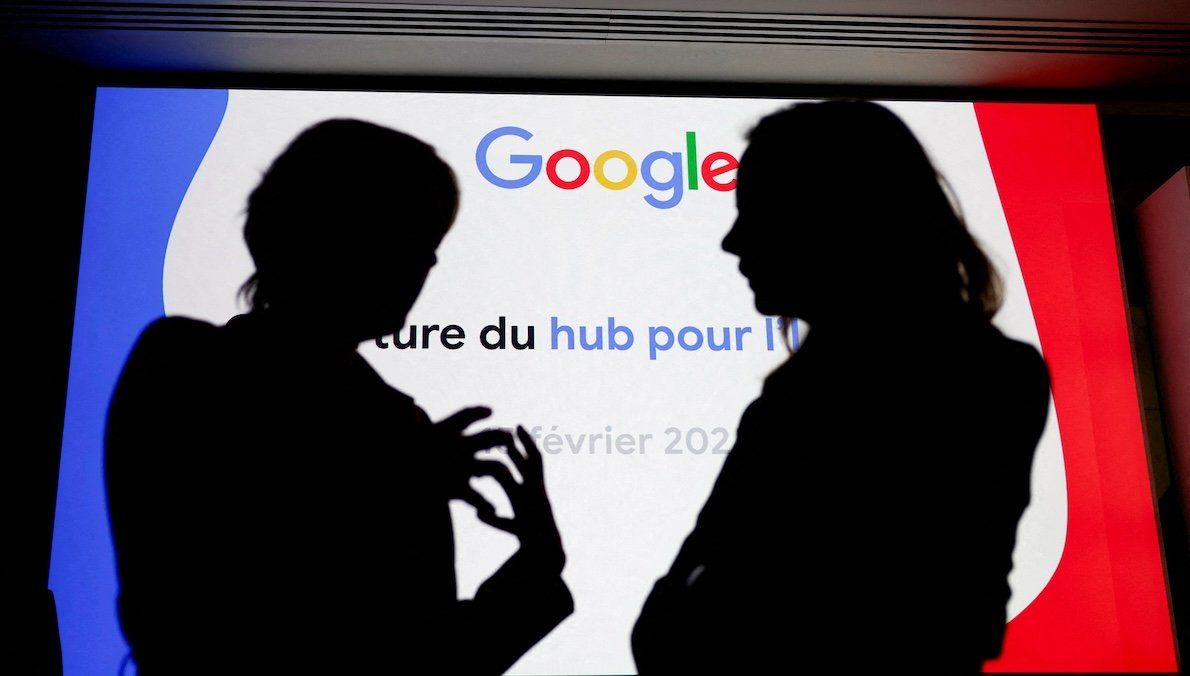Google’s best artificial intelligence system is now doing math at a high school level. Okay, well, a really, really, really good high school level.
A pair of Google DeepMind models tried to solve the six problems posed to teenage math whizzes at the International Mathematical Olympiad and came away with a silver medal performance, the first time an AI model has been medal-worthy.
The models, called AlphaProof and AlphaGeometry 2, were given unlimited time while students only got 4.5 hours per test, but the fact that it could reason through these complicated advanced algebra, geometry, and number theory problems at all was an achievement. It did flunk two combinatorics problems, which have to do with counting and arranging large quantities.
David Silver, Google DeepMind’s vice president of reinforcement learning, said this represents a “step-change in the history of mathematics.” Hopefully, he said, it’s not just a big moment for the Olympiad, but also “represents the point at which we went from computers only being able to prove very, very simple things toward computers being able to prove things that humans can’t. In the future, Google hopes that its models can work hand-in-hand with human mathematicians to solve the hardest problems in the field, though first, it seems, they’ll have to conquer the Olympiad.
